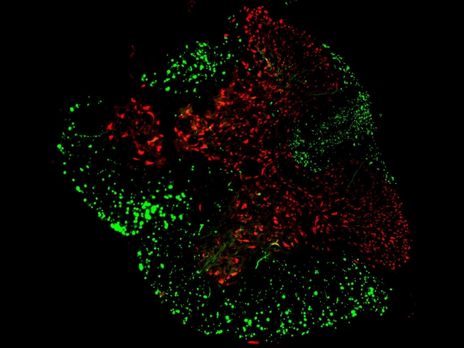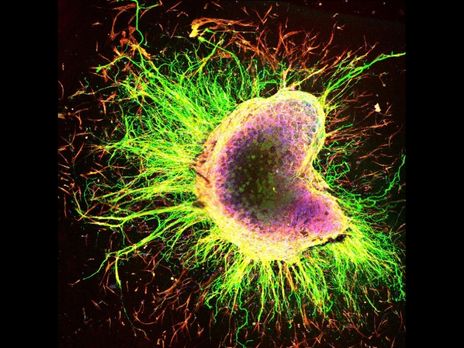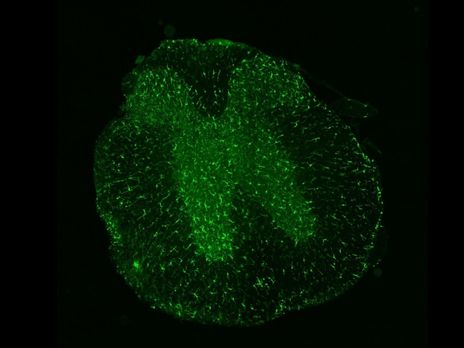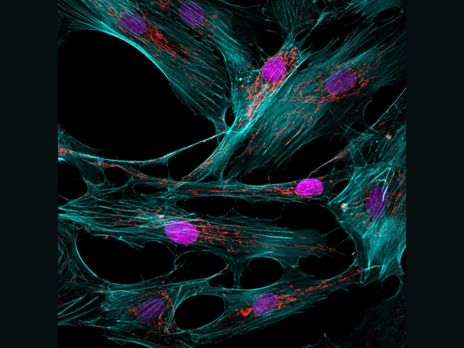
Novel Approaches in Nervous System Regenerative Medicine
Degeneration within the nervous system, either caused by trauma (e.g. Spinal Cord Injury – SCI), disease (e.g. Parkinson’s Disease – PD) or infection (e.g. Malaria), is a significant health problem that is yet to be efficiently tackled, due to the limited available treatment options. Having this in mind, the ReNEU team has a strong translational nature, being focused on the generation of innovative therapies for nervous system regenerative medicine with a particular focus on trauma related injuries and degeneration caused by disease or infection. For this purpose, we will use the present and future acquired know-how on the pathophysiology of these nervous system-related conditions to establish targeted regenerative medicine strategies that go beyond the current therapeutic options. This overall aim is based on research activities within on four main thematic areas:
(1) Stem Cells and Biomaterials Biotechnology, with a focus on the combinatory use of stem cells and their derived biological products (e.g. secretome) with biomimetic hydrogels to enhance regeneration.
(2) Molecular Therapies, with a focus on the study of new molecules that can enhance neuroprotection and/or trigger the intrinsic capacity of nervous system cells to initiate reparative processes.
(3) Enabling Technologies, with a focus on the development of innovative medical devices that respect the temporal dynamics of the injury/disease allowing a more effective application of the strategies established in 1,2.
(4) Basic mechanisms of injury/degeneration, with a focus on better understanding key aspects of the pathophysiology of CNS trauma and degeneration, allowing a more targeted development of the strategies referred in 1,2.

To successfully target these 4 main thematic areas, the team of ReNEU relays on strong collaboration among all its PhD and non-PhD members, who disclose a strong complementarity within basic, translation and clinical research. The expertise of this team is further complemented with key national/ international collaborations within these four main thematic areas.
Team Members

António J. Salgado
Principal Investigator
Team Coordinator
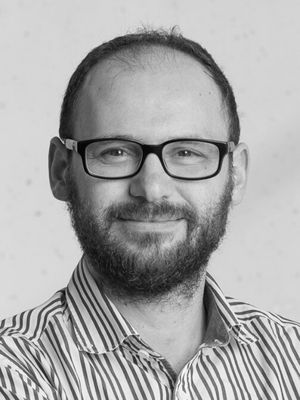
Nuno A. Silva
Principal Investigator
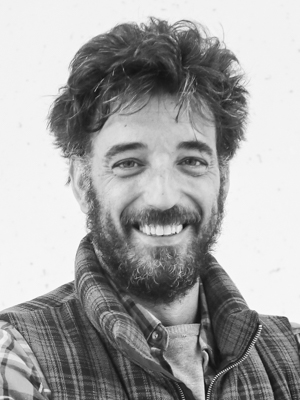
Pedro E. Ferreira
Principal Investigator
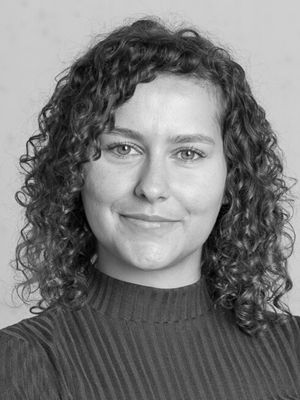
Nídia de Sousa
Assistant Researcher
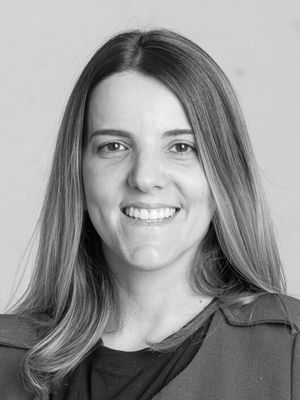
Susana Monteiro
Assistant Researcher

Miguel F Gago
Clinician-Researcher
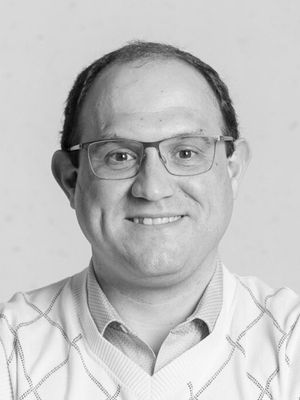
Nuno Jorge Lamas
Clinician-Researcher

Nuno Sevivas
Clinician-Researcher
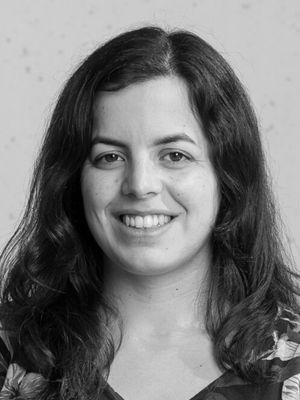
Ana Marote
Postdoctoral Researcher

Sofia G. Meirinho
Postdoctoral Researcher
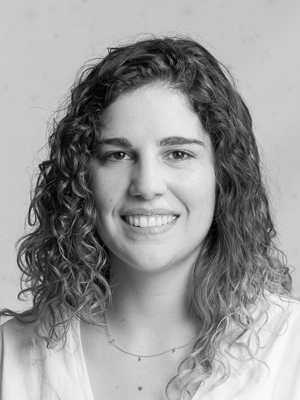
Ana Lima-Pinheiro
PhD Student
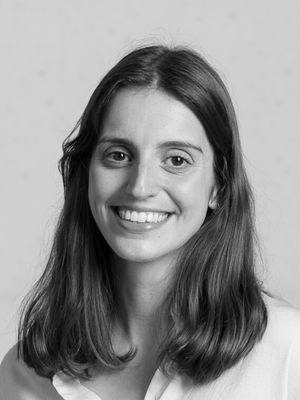
Andreia G. Pinho
PhD Student
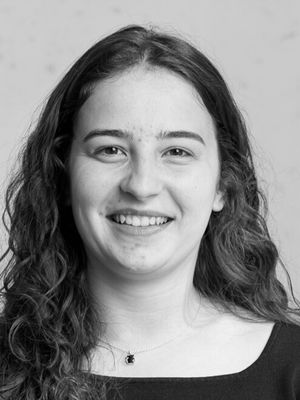
Adriana Gonçalves
PhD Student

Carla S. Sousa
PhD Student
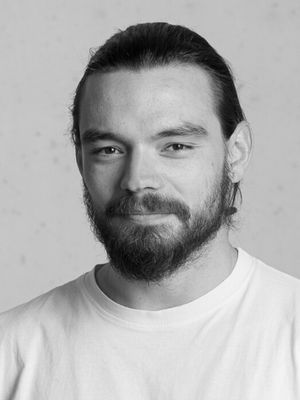
Diogo Santos
PhD Student
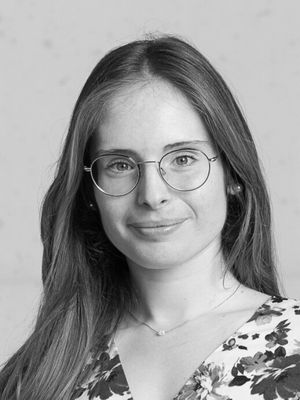
Helena Cavaleiro
PhD Student
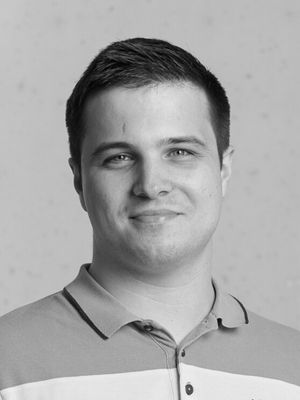
João Afonso
PhD Student
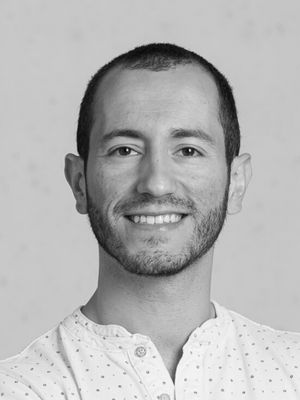
Jonas Campos
PhD Student

Jorge R. Cibrão
PhD Student
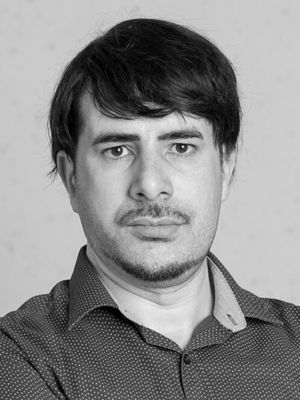
José Lentilhas-Graça
PhD Student
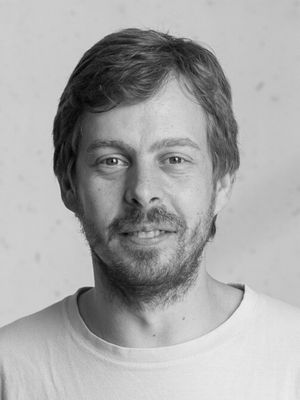
Miguel Ribeiro
PhD Student

Tiffany S. Pinho
PhD Student

Sandra Barata-Antunes
PhD Student

Carlos Vedor
MSc Student
Team Members


Nuno A. Silva

Pedro E. Ferreira

Susana Monteiro

Miguel F Gago

Nuno Jorge Lamas

Nuno Sevivas
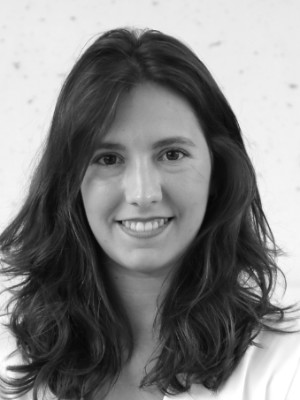
Beatriz Martínez-Rojas

Belém Sampaio-Marques

Jonas Campos

André Mira

Marta F. Lima
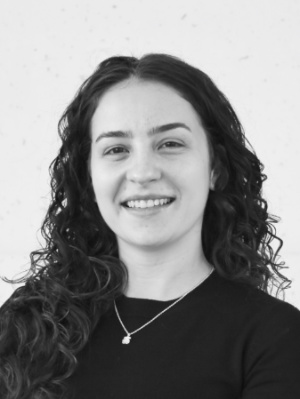
Adriana F. Gonçalves

Alessander Leyendecker Junior

Ana Lima-Pinheiro

Anabela Moreira

Andreia G. Pinho

Andreia Monteiro

Carla S. Sousa

Diogo J. Santos
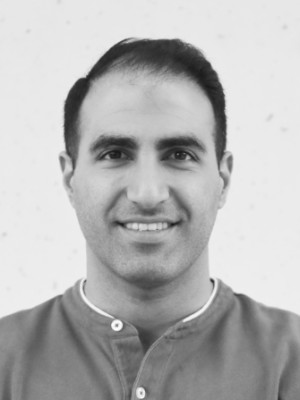
Ehsan Omidvar
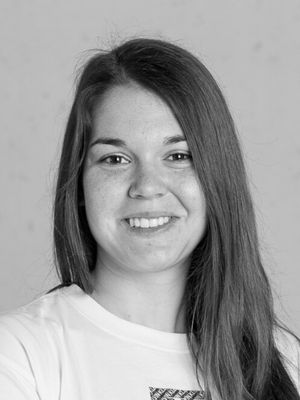
Filipa Ferreira Antunes

João L. Afonso

Miguel Ribeiro
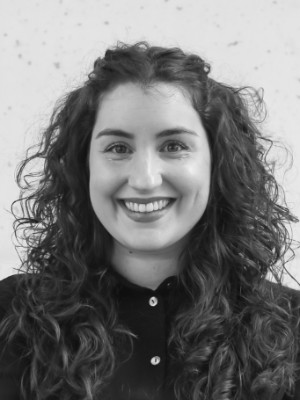
Sandra Barata-Antunes
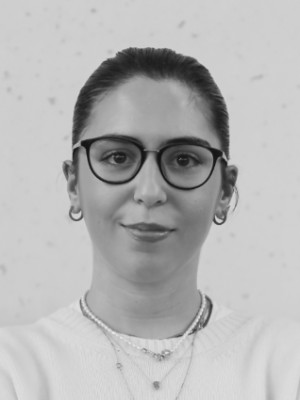
Ana T. Sousa

Bárbara Carneiro-Pereira

Carla Teixeira-Pereira

Inês Castro
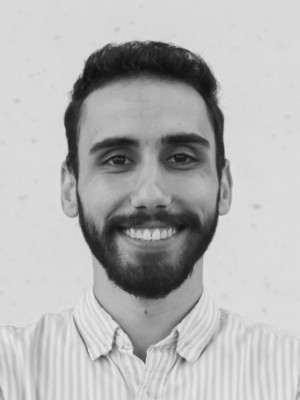
Luís S. Fernandes
Maria Almeida

Melyssa Carvalho

Sara Rito Fernandes

Maria Moreira Moura
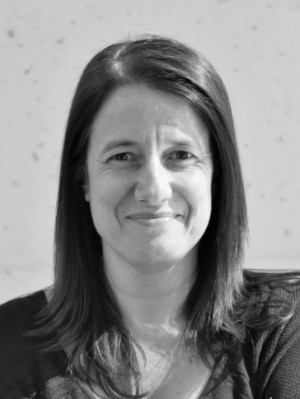
Sofia Cravino Serra
Projects
- Susana Monteiro
- This project dedicates to fundamental research to understand the molecular mechanisms underlying Parkinson’s Disease (PD) and Spinal Cord Injury (SCI) pathophysiology. In the context of PD, we focus on addressing how…
- Nuno A. Silva
- Recent advances in the field of electronics, miniaturisation and microfabrication and a deeper understanding of the interface between physics and living matter for sensing and neural stimulation allow us to develop new…
- Nuno A. Silva
- The remarkable advances in molecular biology in the past decades have led to a better understanding of the mechanisms implicated in the pathophysiology of many CNS disorders as well as mechanisms that control axonal regeneration…
- António J. Salgado
- We have previously validated the use of the secretome of Mesenchymal Stem Cells (MSCs) from different sources, including those derived from pluripotent stem cells (iMSCs), as a possible therapeutic tool in animal…
Success Story
Within the last ten years, ReNEU has established itself as a highly competitive team in the field of central nervous system regenerative medicine, where it:
1) Introduced the use of new hydrogel based biomaterials for SCI regeneration, PGGH, providing strong evidences that they could modulate the pathophysiology of the injury, and with this promote the recovery of rodent models of SCI
2) Characterized the secretome of MSCs, disclosed how it modulates CNS biology, and associated mechanisms that impacted neuronal ang glial survival, differentiation and axonal growth
3) Pioneered the use of cell-free therapies based on stem cells secretome for CNS regenerative medicine
4) Identified novel molecular and pharmaco therapies (e.g. LEV) aimed at SCI repair
5) Established brain-organoid biological systems to test new compounds targeting cerebral malaria.
Selected Research Outputs
Lentilhas-Graça, J., Santos, D. J., Afonso, J., Monteiro, A., Pinho, A. G., Mendes, V. M., . . . Silva, N. A. (2024). The secretome of macrophages has a differential impact on spinal cord injury recovery according to the polarization protocol. Frontiers in Immunology 15. doi:10.3389/fimmu.2024.1354479
Pinho, T. S., Cibrão, J. R., Silva, D., Barata-Antunes, S., Campos, J., Afonso, J. L., . . . Salgado, A. J. (2024). In vitro neuronal and glial response to magnetically stimulated piezoelectric poly(hydroxybutyrate-co-hydroxyvalerate) (PHBV)/cobalt ferrite (CFO) microspheres. Biomater Adv, 159, 213798. doi:10.1016/j.bioadv.2024.213798
Mendes-Pinheiro, B., Campos, J., Marote, A., Soares-Cunha, C., Nickels, S. L., Monzel, A. S., . . . Salgado, A. J. (2023). Treating Parkinson's Disease with Human Bone Marrow Mesenchymal Stem Cell Secretome: A Translational Investigation Using Human Brain Organoids and Different Routes of In Vivo Administration. Cells, 12(21). doi:10.3390/cells12212565
Silva, D., Schirmer, L., Pinho, T. S., Atallah, P., Cibrão, J. R., Lima, R., . . . Salgado, A. J. (2023). Sustained Release of Human Adipose Tissue Stem Cell Secretome from Star-Shaped Poly(ethylene glycol) Glycosaminoglycan Hydrogels Promotes Motor Improvements after Complete Transection in Spinal Cord Injury Rat Model. Adv Healthc Mater, 12(17), e2202803. doi:10.1002/adhm.202202803
Lima, R., Gomes, E. D., Cibrão, J. R., Rocha, L. A., Assunção-Silva, R. C., Rodrigues, C. S., . . . Silva, N. A. (2021). Levetiracetam treatment leads to functional recovery after thoracic or cervical injuries of the spinal cord. npj Regenerative Medicine, 6(1), 11. doi:10.1038/s41536-021-00121-7
Monteiro, S., Pinho, A. G., Macieira, M., Serre-Miranda, C., Cibrão, J. R., Lima, R., . . . Silva, N. A. (2020). Splenic sympathetic signaling contributes to acute neutrophil infiltration of the injured spinal cord. J Neuroinflammation, 17(1), 282. doi:10.1186/s12974-020-01945-8
Silva, M., Calçada, C., Teixeira, M., Veiga, M. I., & Ferreira, P. E. (2020). Multigenic architecture of piperaquine resistance trait in Plasmodium falciparum. Lancet Infect Dis, 20(1), 26-27. doi:10.1016/s1473-3099(19)30689-9
2023: La Caixa Health Research Project “Wireless Neural Guidance Device for Spinal Cord Injury Regeneration”, Funding: 1 million euros.
Prize Melo e Castro for Spinal Cord Injury Research (2013, 2017, 2021), Total funding: 600K
Patent WO/2021/198909, Compositions for Treatment of Spinal Cord Injury, Methods and Uses Thereof



Contact us
Phone: +351 253 604 967
Fax: +351 253 604 809
Email: icvs.sec@med.uminho.pt
Address
Life and Health Sciences
Research Institute (ICVS)
School of Medicine,
University of Minho,
Campus de Gualtar
4710-057 Braga
Portugal

Copyright ©2025 ICVS. All Rights Reserved. Developed by TCIT



Copyright ©2025 ICVS. All Rights Reserved. Developed by TCIT
Address
Life and Health Sciences
Research Institute (ICVS)
School of Medicine,
University of Minho,
Campus de Gualtar
4710-057 Braga
Portugal



Copyright ©2025 ICVS. All Rights Reserved
Address
Life and Health Sciences
Research Institute (ICVS)
School of Medicine,
University of Minho,
Campus de Gualtar
4710-057 Braga
Portugal


